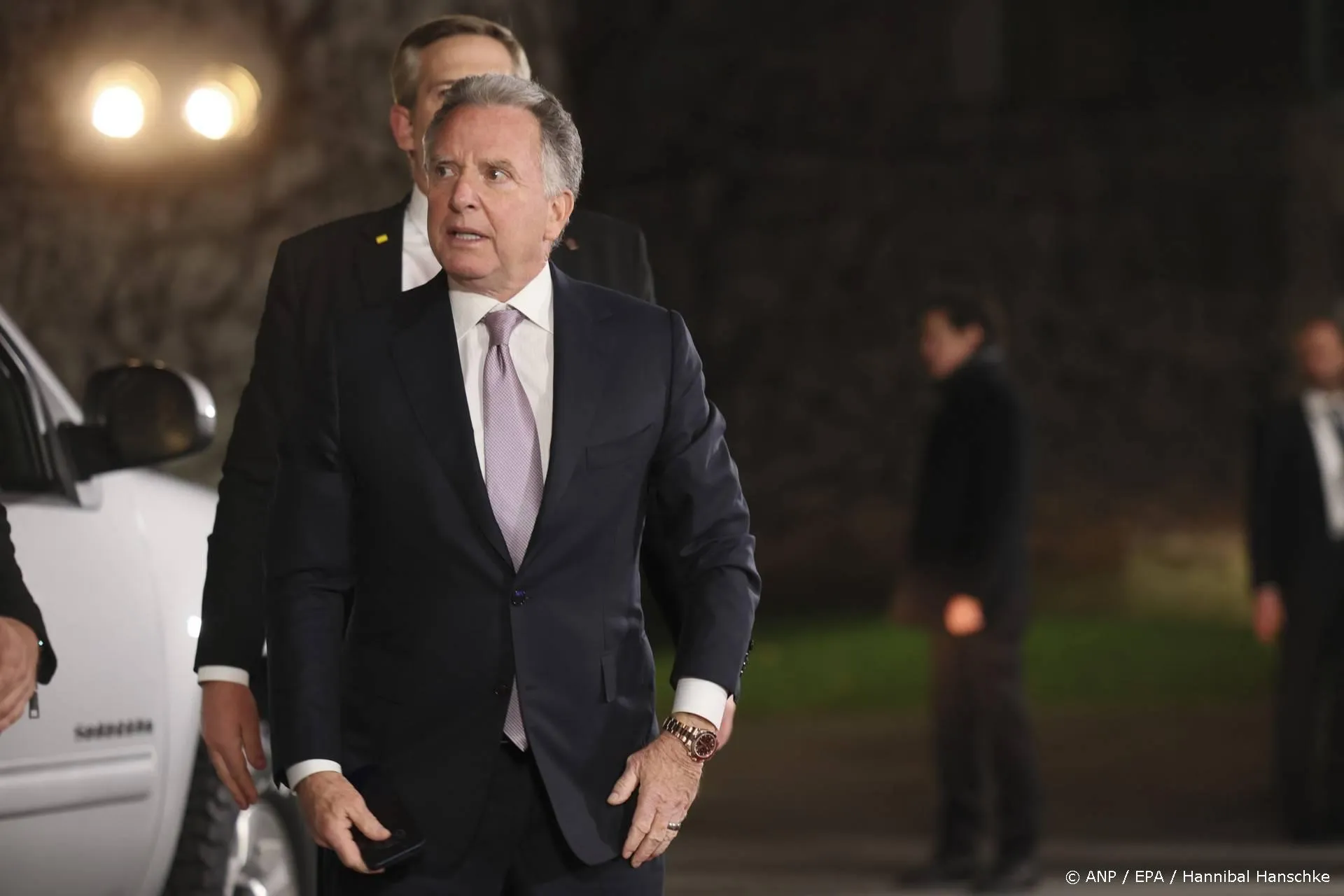Judith Curry: VN-klimaatpanel heeft houdbaarheidsdatum overschreden
Judith Curry is een gerespecteerd klimatologe. Zij was trouw aanhangster van AGW-hypothese (AGW = Anthropogenic Global Warming), totdat zij voor zichzelf begon na te denken en merkte dat deze aan alle kanten rammelde. Zij heeft daarop geprobeerd een discussie tussen protagonisten en antagonisten van de menselijke broeikashypothese te bevorderen. Dat had weliswaar enig succes, maar een èchte doorbraak bleef jammer genoeg uit.
Onlangs gaf zij een interview aan aan James Stafford van Oilprice.com. Mijn trouwe lezers zullen wel aanvoelen dat zoiets volgens vele AGWers, die in de fossiele brandstoffenindustrie de ïncarnatie van de duivel zien, niet kán en niet mág. James Stafford was zich daar kennelijk wel degelijk van bewust, want aan het eind van het interview schreef hij voor alle zekerheid:
I should mention that there was no fee exchanged for this interview Oilprice.com has no affiliation with any oil, gas or energy majors and has been in contact with Judith for some time now and it was our pleasure to speak to her about her views on climate science and why the climate community needs to work together to solve the problems facing humanity.
Zo, nu kunnen we tenminste weer met een gerust hart verder lezen. Alhoewel het lijkt wel alsof Judit Curry de laatste tijd wat geradicaliseerd is in klimaatsceptische richting, want ze twijfelt nu zelfs openlijk aan het bestaansrecht van het VN-klimaatpanel (IPCC).
Ik pik een paar citaten uit het interview, dat is getiteld: 'The IPCC May Have Outlived its Usefulness.
As the global warming debate increases in its intensity we find both sides deeply entrenched, hurling accusations and lies at one another in an attempt to gain the upper hand. This divide within the scientific community has left the public wondering who can be trusted to provide them with accurate information and answers. The IPCC, the onetime unquestioned champion of climate change, has had its credibility questioned over the years, firstly with the climategate scandal, then with a number of high profile resignations, and now with the new Gleickgate scandal (1) (2) One has to wonder where climate science goes from here?
We have just had the pleasure of interviewing the well known climatologist Judith A. Curry in order to get her thoughts on climate change, the IPCC, geo-engineering, and much more. Judith is the current chair of the School of Earth and Atmospheric Sciences at the Georgia Institute of Technology and hosts sensible discussions on climate change at her popular blog Climate, etc.
Considered somewhat of a black sheep within the scientific community Judith was a one time supporter of the IPCC until she started to find herself disagreeing with certain policies and methods of the organization. She feared the combination of groupthink and political advocacy, combined with an ingrained "noble cause syndrome" stifled scientific debate, slowed down scientific progress, and corrupted the assessment process.
OP: What are your personal beliefs on climate change? The causes and how serious a threat climate change is to the continued existence of society as we know it.
JC: The climate is always changing. Climate is currently changing because of a combination of natural and human induced effects. The natural effects include variations of the sun, volcanic eruptions, and oscillations of the ocean. The human induced effects include the greenhouse gases such as carbon dioxide, pollution aerosols, and land use changes. The key scientific issue is determining how much of the climate change is associated with humans. This is not a simple thing to determine.
The most recent IPCC assessment report states: Most [50%] of the warming in the latter half of the 20th century is very likely [>90%] due to the observed increase in greenhouse gas concentrations. There is certainly some contribution from the greenhouse gases, but whether it is currently a dominant factor or will be a dominant factor in the next century, is a topic under active debate, and I dont think the high confidence level [>90%] is warranted given the uncertainties.
As I stated in my testimony last year: Based upon the background knowledge that we have, the threat does not seem to be an existential one on the time scale of the 21st century, even in its most alarming incarnation.
Zij is van mening dat er meer onderzoek nodig is naar de invloed van de zon.
Nearly all of the solar scientists are predicting some solar cooling in the next century, but the magnitude of the possible or likely cooling is hotly debated and highly uncertain.
Voorts was zij was van mening dat de IPCC focus op CO2 prematuur was:
Personally, I think we put the CO2 stabilization policy cart way before the scientific horse. The UN treaty on dangerous climate change in 1992 was formulated and signed before we even had discernible evidence of warming induced by CO2, as reported in 1995 by the IPCC second assessment report. As a result of this, we have only been considering one policy option (CO2 stabilization), which in my opinion is not a robust policy option given the uncertainties in how much climate is changing in response to CO2.
Over het IPCC zegt zij:
The IPCC might have outlived its usefulness. Lets see what the next assessment report comes up with. But we are getting diminishing returns from these assessments, and they take up an enormous amount of scientists time.
Over klimatologie als wetenschap legde James Stafford haar het volgende citaat voor:
Climate science has claimed for 30 years that it affects the safety of hundreds of millions of people, or perhaps the whole planet. If it gets it wrong, equally, millions may suffer from high energy costs, hunger due to biofuels, and lost opportunity from misdirected funds, notwithstanding the projected benefits from as yet impractical renewable energy. Yet, we have allowed it to dictate global policy and form a trillion dollar green industrial complex - all without applying a single quality system, without a single performance standard for climate models, without a single test laboratory result and without a single national independent auditor or regulator. It all lives only in the well known inbred, fad-driven world of peer review.
Haar reactie:
I agree that there is lack of accountability in the whole climate enterprise, and it does not meet the standards that you would find in engineering or regulatory science. I have argued that this needs to change, by implementing data quality and model verification and validation standards.
Lees verder hier.
'The science is settled'? All scientists agree?'
Nee dus.
Ga verder met lezen
Dit vind je misschien ook leuk
Laat mensen jouw mening weten
Lees ook
Loading


